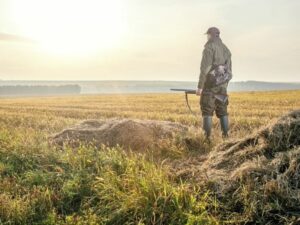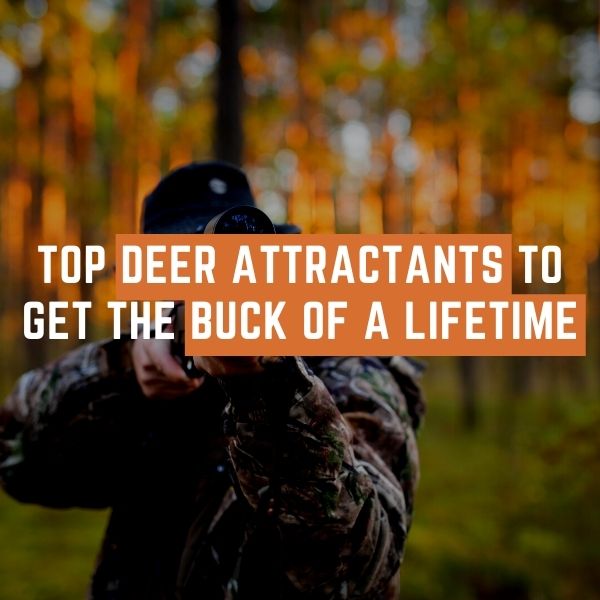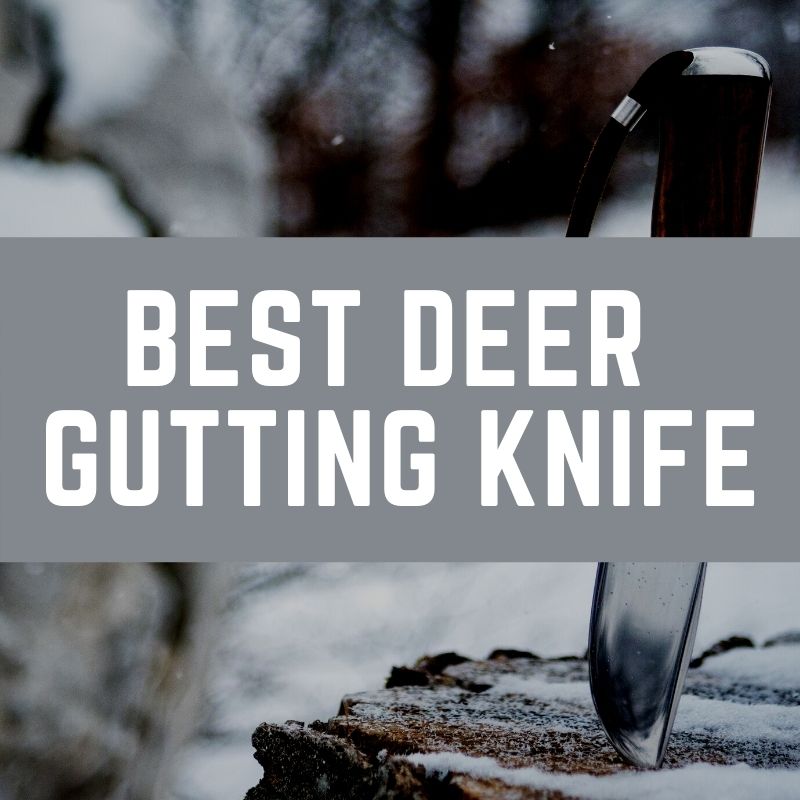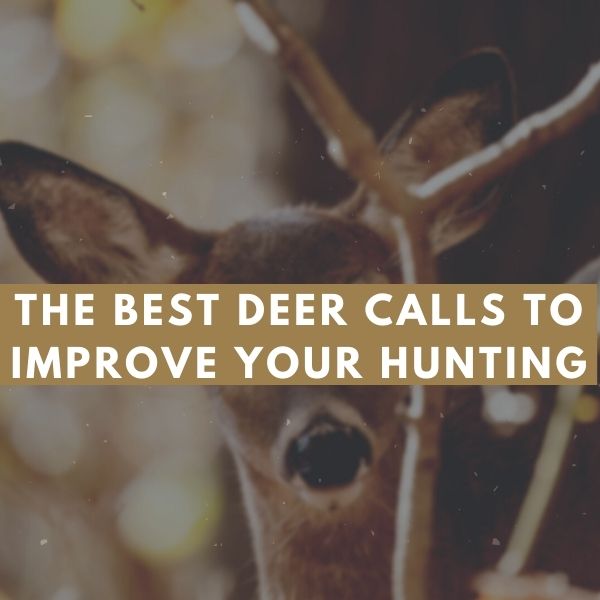
In this article, we will share seven secrets of hunting that will help you improve your skills in the field. So whether you’re a beginner or an experienced hunter, make sure you read on!
Here Are The Seven Secrets of Hunting you Should Know
The first secret is to always be prepared. This means having the right gear with you, knowing your surroundings, and being mentally and physically ready for anything. If you’re not prepared, then you’re more likely to make mistakes that could cost you dearly.
The second secret is to be patient. Hunting is not a race, and rushing things will only increase your chances of making mistakes. Take your time, be patient, and wait for the perfect opportunity.
The third secret is to know your prey. This means learning everything you can about the animal you’re hunting, from their habits to their behavior. The more you know, the better your chances of success.
The fourth secret is to be stealthy. Hunters who are able to move quietly and unnoticed are more likely to get close to their prey without being detected. This gives them a major advantage over those who make noise and alert their prey to their presence.
The fifth secret is to have a good sense of smell. This might seem like an odd one, but many animals rely on their sense of smell to detect predators and other threats. If you can mask your scent, then you’ll be able to get closer to your prey without being detected.
The sixth secret is to be patient. Patience is key when hunting, as rushing things will only increase your chances of making mistakes. Take your time, wait for the perfect opportunity, and don’t let your emotions get the better of you.
The seventh and final secret is to enjoy yourself. Hunting can be a fun and rewarding experience, but only if you’re enjoying yourself. If you’re not having fun, then it’s probably not worth your time and effort. So make sure you take the time to enjoy the hunt, and don’t let the stress of the kill get to you.
How do you attract while hunting?
There are a few key things you can do to attract prey while hunting. First, make sure you’re wearing the right clothing such as a good hat, vest or coat, hunting boots. Bright colors and loud patterns will make you more visible to animals, so it’s best to stick to neutral colors like green and brown. Second, use calls or scents to attract animals. Calling out to an animal can help you locate it, while scents like deer urine can help lure them closer to your location. Third, use the terrain and weather to your advantage. Hide in areas with good cover or set up traps that take advantage of natural features, like streams or hillsides. And finally, be patient and persistent. It may take time and effort to attract an animal, but if you keep at it, you’ll eventually succeed.
What is the best way to camouflage yourself while hunting?
There are a few different ways to camouflage yourself while hunting, depending on your environment and the type of prey you’re targeting. If you’re hunting in a wooded area, wear clothing that matches the colors of your surroundings, like green and brown. If you’re hunting in an open area, wear clothing that breaks up your outline and makes you blend in with your surroundings, like a ghillie suit. And if you’re hunting waterfowl, wear clothing that matches the color of the water or sky. By camouflaging yourself, you can stay hidden from your prey and increase your chances of success.
What should you not do before hunting?
There are a few things you should avoid doing before hunting, as they can increase your chances of making mistakes. First, don’t drink alcohol. It will impair your judgment and coordination, which could lead to accidents. Second, don’t eat too much. Eating a large meal will make you sluggish and slow, making it more difficult to move quickly and quietly. Third, don’t get distracted or preoccupied. It’s important to focus on hunting and avoid getting caught up in other activities or tasks. And finally, don’t let your emotions take over. Hunting can be a stressful and emotional experience, but it’s important to stay calm and level-headed throughout the process. By avoiding these common mistakes, you can increase your chances of success.
Is it safe to shoot an arrow when the target is?
Yes, it is safe to shoot an arrow when the target is. However, you should only do so if you are confident in your ability to make a clean shot. If you are not confident in your ability to make a clean shot, then you should not shoot the arrow. Shooting an arrow at a target that is moving can be dangerous, as it increases the risk of stray shots or accidental injuries. For this reason, you should always make sure that your aim is accurate and that you have a clear line of sight before taking a shot. Additionally, you should be aware of any potential hazards in your environment, like trees or other people, and take steps to avoid them when shooting. With the right preparation and care, shooting an arrow is a safe and effective way to take down your target.
Can you shoot an arrow sideways?
No, you cannot shoot an arrow sideways. Arrows are designed to be shot in a straight line, and shooting them sideways can cause them to veer off course or break. Additionally, shooting an arrow sideways can be dangerous, as it increases the risk of accidental injuries. If you’re not confident in your ability to shoot an arrow straight, it’s best to avoid shooting it sideways.
How many arrows should you take on a hunt?
There is no specific number of arrows that you should take on a hunt, as this will depend on your individual preferences and needs. Some hunters may prefer to take just a few arrows in order to be more mobile and light-weight, while others may feel more comfortable taking more. Ultimately, the most important thing is to make sure that you have enough arrows to complete your hunt successfully. If you’re unsure of how many arrows you’ll need, it’s always better to err on the side of caution and take more than you think you’ll need.
Conclusion
We hope you found these secrets of hunting helpful and that they give you a better understanding of what it takes to be a successful hunter. Remember, these are just a few of the many things that experts don’t want you to know, so make sure you do your own research and never stop learning.
Do you have any other secrets that experts of hunting don’t want you to know? Share them with us in the comments below!




